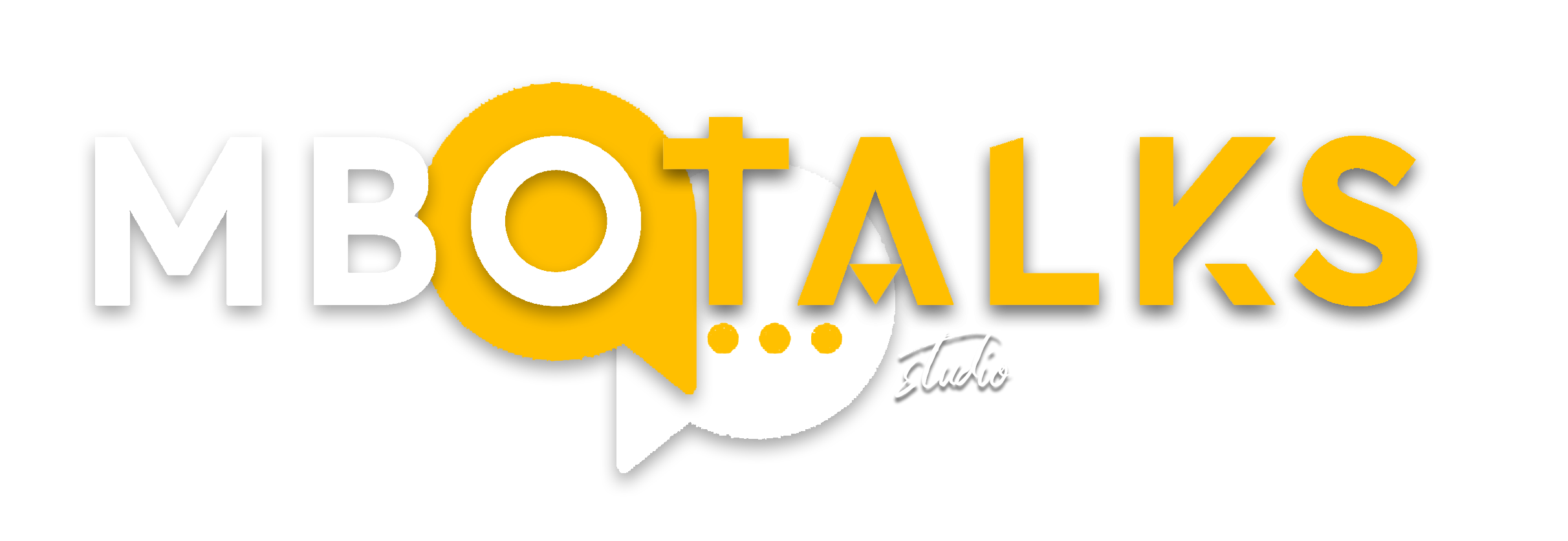How to organize and facilitate a successful networking event: Practical tips for planning effective networking events.
- Alessandro Gomes

- Jan 2
- 3 min read
Networking is an essential practice for professional growth and expanding your network of contacts. Attending networking events can be a valuable opportunity to establish connections, share knowledge and expand business opportunities. However, most networking events face challenges in creating an environment conducive to forming new alliances and meaningful interactions.

In this article, we'll explore effective strategies for organizing and facilitating a successful networking event. We will cover everything from choosing the theme and guests to creating an environment conducive to exchanging experiences and relevant contacts. We'll dive into practical tips and provide valuable insights to help you create a memorable networking event.
Why encourage networking at your events?
Before we dive into practical tips for organizing a networking event, it's important to understand why this practice is so valuable. Networking allows professionals from different areas to connect, exchange information and experiences, expand their network of contacts and create business opportunities.
Networking events provide a conducive environment for interaction and sharing, allowing participants to establish meaningful and lasting connections. Furthermore, by organizing a networking event, you will have the opportunity to position yourself as a facilitator of connections and be recognized as someone who creates opportunities and fosters contacts.
How to organize networking at events?
Now that we understand the importance of networking at events, let's explore some practical strategies for organizing and facilitating this practice.
Choose the event theme
An effective networking event needs to have a central theme that guides all interactions and conversations. The topic can be broad, such as sales, or more specific, such as sales for the educational sector. The event theme will serve as a guide for important decision-making, such as actions that will enrich the event and the profile of the guests.
Choose guests carefully
The most important part of a networking event is the presence of people who have something to offer each other. Guests do not necessarily need to belong to the same industry or have similar businesses, but they must have market skills that can collaborate with the objectives of those present. It's important to select people who can connect and add value to the event.
Create opportunities for interaction
An interaction map can be a useful tool for organizing the event and facilitating connections between participants. List all guests and identify possible relevant connections. As the organizer, you can act as an intermediary, introducing participants to each other and encouraging the exchange of contacts and experiences.
Set a budget
As with any event, it is important to set a budget for the networking event. Evaluate the expected return on investment and set sales goals, even if they are achieved after the event. Remember that the return from the event is not limited to the immediate financial aspect, but also includes the creation of lasting relationships and future business opportunities.
Choose the ideal format for the event
The event format must be chosen according to the objective and profile of the participants. It could be an informal meeting in a pub, a more formal event in a ballroom or even an event with talks and debates. Make sure the format you choose is suitable for promoting interaction and exchange of information between participants.
Track results and collect feedback
After the event, it is important to monitor the results and collect feedback from participants. Add contacts to your CRM and start the sales process, using the event as a starting point for new approaches. Send quality questionnaires to assess participant satisfaction and ask for suggestions for improvement. This information will help improve future events and promote a successful new edition.
Conclusion
Organizing an effective networking event requires planning and strategy, but the benefits can be enormous. By creating an environment conducive to the formation of new connections and meaningful interactions, you will be contributing to the professional growth and expansion of the participants' network of contacts.
Remember to choose the event theme carefully, invite people who can add value and facilitate interactions between participants. Establish a budget, choose the ideal format and track the results to ensure the success of your networking event.
So, get to work! Organize your own networking event and enjoy the benefits of creating opportunities and establishing valuable connections for your business.





Opmerkingen